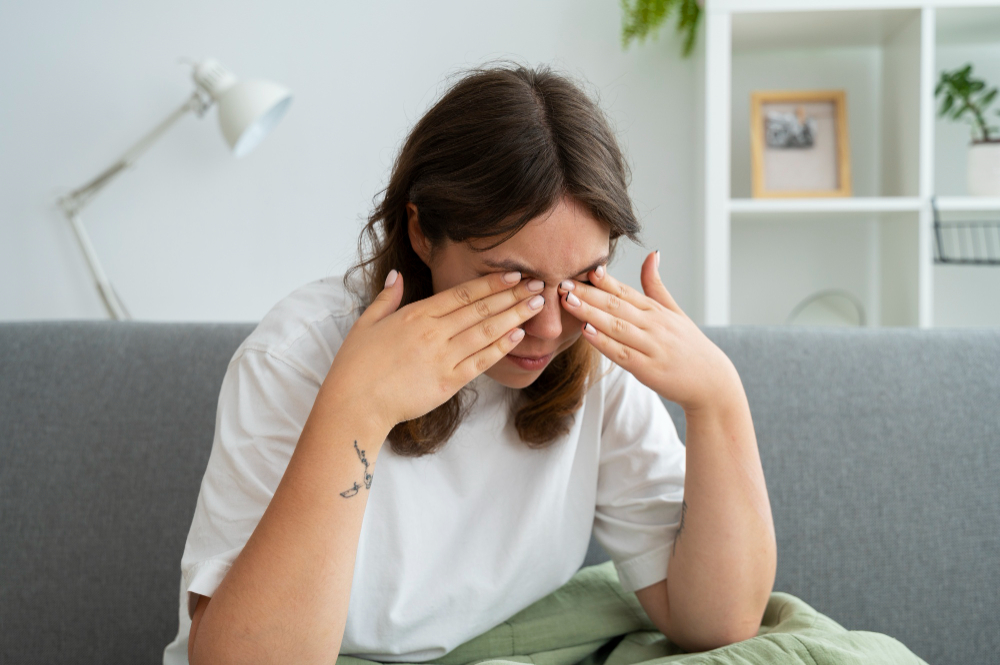What Are Watery Eyes?
Watery eyes happen when your eyes make more tears than needed. Sometimes, tears help keep your eyes healthy. However, too many tears can blur your vision and cause discomfort. Watery eyes prevention is important for daily comfort and clear sight. Many people experience this problem, but simple steps can help reduce it.
Common Causes of Watery Eyes
There are several reasons why your eyes may water too much. Understanding these causes can help you know how to stop watery eyes. Some common causes include:
Additionally, some people may have watery eyes due to aging or certain health conditions. According to the American Academy of Ophthalmology, these causes are common and usually not serious.
Recognizing Symptoms of Watery Eyes
It is easy to notice watery eyes, but other symptoms may appear. For example, you might feel:
Sometimes, these symptoms can signal an infection or allergy. Therefore, it is important to watch for changes and seek help if needed.
How to Prevent Watery Eyes
Preventing excessive tearing is possible with a few simple steps. Here are some ways to help stop watery eyes:
In addition, always use clean towels and avoid sharing eye products. These steps can help prevent watery eyes and keep your eyes healthy.
Lifestyle Tips for Eye Health
Good habits can support your eye health every day. For instance, you can:
Moreover, following these eye care tips can lower your risk of watery eyes and other problems.
When to See an Eye Specialist
Most cases of watery eyes are mild and go away on their own. However, you should see an eye specialist if you notice:
Early treatment can prevent serious issues. According to the CDC, timely care is important for eye health.
In summary, watery eyes prevention is possible with simple steps and healthy habits. If you have ongoing symptoms, consult an eye specialist for personalized advice on watery eyes prevention.

